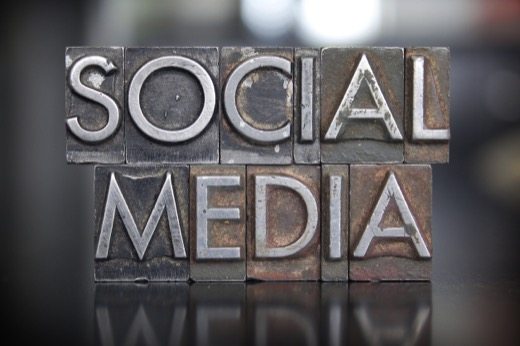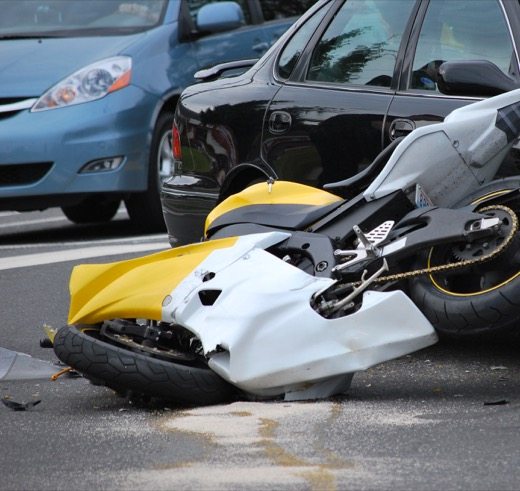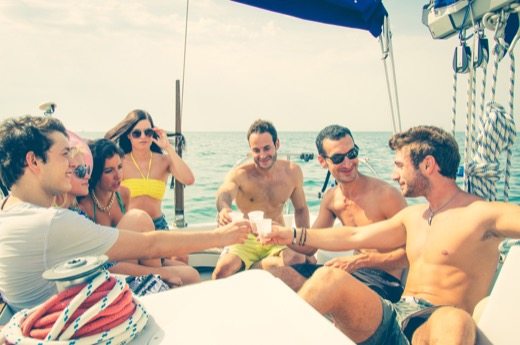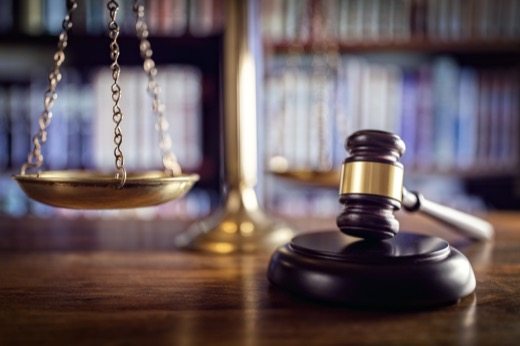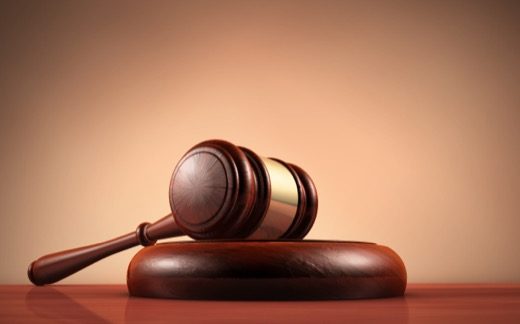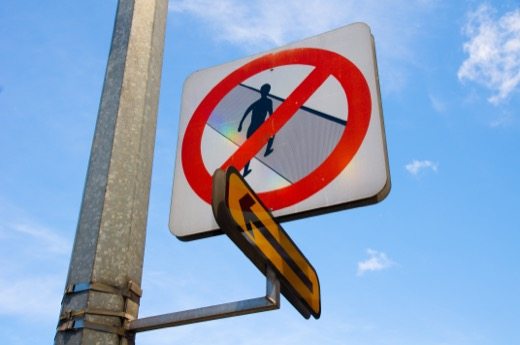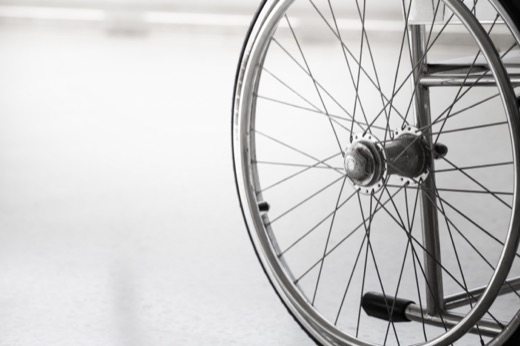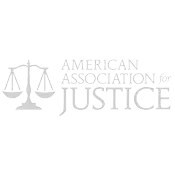Social Media Evidence in Florida Injury Cases
Social media has become an omnipresent factor in the lives of most people. The profiles we set up on websites such as Facebook, LinkedIn, Twitter, Instagram and others serve as our face to the world. We share images of and commentary on our daily lives.
While these social sites were created to facilitate communication between family, friends, and colleagues in a friendly, respectful way, we know from personal experience that socially shared information can be used for other purposes. Online profiles can be used as forums to bully or stalk a person. Prospective employers peruse user profiles for insight into a job applicant’s habits and behavior. And increasingly, prosecutors and defense and plaintiff’s attorneys can present images and impressions gleaned from a user’s social media profiles as evidence in criminal and civil cases.
A potent example of this is the Casey Anthony criminal case. Casey Anthony is a young Florida woman who in 2008 was accused of murdering her two-year-old daughter. Though much of the case against Ms. Anthony was circumstantial, after photos of her dancing, drinking and partying at bars just days after her child disappeared were released through the news media, public animus toward her grew and many people became convinced of her guilt. Ms. Anthony was acquitted of the charges but lives in hidden seclusion as public hostility about her continues.
Evidence collected from social media also can be used in personal injury cases not only to show physical fitness contrary to alleged injuries, but also to prove that party’s injuries may be the result of bad habits or a reckless lifestyle.
Social media users have learned to protect their information by carefully applying privacy settings and being discerning about whom they accept as connections and circumspect about photos and details they post about themselves. As prudent as these precautions may be, they may not prevent lawyers from gaining access to profiles and using what they find as evidence in court.
Social Media as Evidence
In 2016, as much as 78 percent of Americans have a social media profile. Advertisers, salespeople, and employers would think themselves careless were they to ignore the enticing availability of that vast collection of personal lifestyle details when deciding which customers to target or which candidate to hire.
Similarly, a lawyer who does not explore the bounty that social media presents may be viewed as having failed to perform due diligence in representing his or her client.
You may consider your profile private, but the courts don’t agree and frequently rule that there is no reasonable expectation of privacy online. “Private” is not considered to be the same as “not public.” Once you share content—even with a select group of people—it is no longer private and becomes available for use in a legal case.
What Is Admissible?
Depending on the case and the evidential relevance, anything posted to social media can be presented in a court case, including photos, comments, posts, tags, birthdates, nicknames, and locations. The party presenting the evidence must establish authenticity and comply with hearsay rules.
The Florida Rules of Civil Procedure provide guidelines pertaining to the discoverability of electronically stored information. The rules and Florida courts have confirmed that social media evidence is discoverable, but rules on how to determine the admissibility of social media evidence are not settled.
Like other evidence, items taken from social media are subject to interpretation, which can limit their effectiveness or result in their being ruled inadmissible. For example, a photo posted to a “wall” could have been cropped or otherwise modified by photo editing software, creating an image that may present a skewed or downright false impression of the person depicted. Comments taken literally may have been intended as jokes or posted by someone with an axe to grind.
How Can the Evidence Be Used
Social media evidence can be presented against or in behalf of a party to a lawsuit. But individuals are much more likely to be indiscreet about what they present on their profiles than, say, a business or other professional entity that has a team of lawyers and media experts to advise it on how best to preserve its online image and reputation.
In personal injury lawsuits, such as a slip-and-fall case brought against a chain of grocery stores, it is more probable that evidence from social media will be brought to bear against an injured plaintiff than the behemoth corporate defendant.
The defense in a personal injury case can submit online photos of the plaintiff playing touch football with a group of friends despite claiming debilitating injuries from a slip-and-fall; or present posted comments from friends wishing a plaintiff a speedy recovery from a similar injury that predates the injury alleged in the lawsuit.
Overall impressions of a plaintiff’s lifestyle as presented online can also be allowed. A timeline of photos showing the plaintiff with an ever-present drink in hand could be damaging even without allegations or proof of drunkenness.
How Social Media Evidence Is Authenticated
Authentication is the process of proving that something, usually a document, is genuine or true. Authenticating evidence gathered from social media presents particular problems since such evidence is electronically created, which puts distance between the creator and disrupts the chain of custody. Further, electronic documents are vulnerable to parody and deceptive presentation by users with malicious intent.
Questions that must be answered to establish authenticity include:
Whether the evidence is actually taken from the social media site at issue
How was the evidence collected?
Where was the evidence collected?
What kinds of evidence were collected?
Whether the evidence appeared on the website and accurately reflects what appeared on the website
Can it be shown that the evidence can was generated by the source alleged by the party presenting the evidence
Who handled the evidence before it was collected?
When was the evidence collected?
Hearsay or Prejudiced Evidence
For social media evidence to be admitted in a case, it also must pass tests for hearsay and prejudice.
Hearsay is a statement that someone does not make while testifying at a trial or hearing and is being offered to prove the truth of the matter asserted in the statement.
Social media evidence can be excluded if it is found to be more prejudicial than probative, meaning the evidence will more unfairly bias the case against a party than present relevant evidence of substantive value to the case.
Seek Legal Advice Today
If you are involved in a personal injury claim and fear that your social media presence could be detrimental to your case, contact our experienced Florida injury attorneys at Madalon Law today. We can advise you on on things related to your claim, including the use of social media and more. Reach us today for your free consultation!
